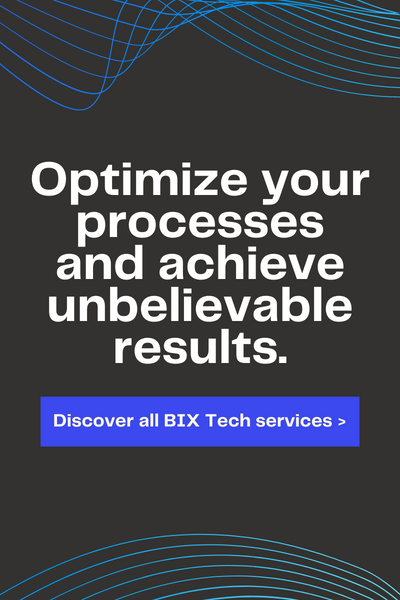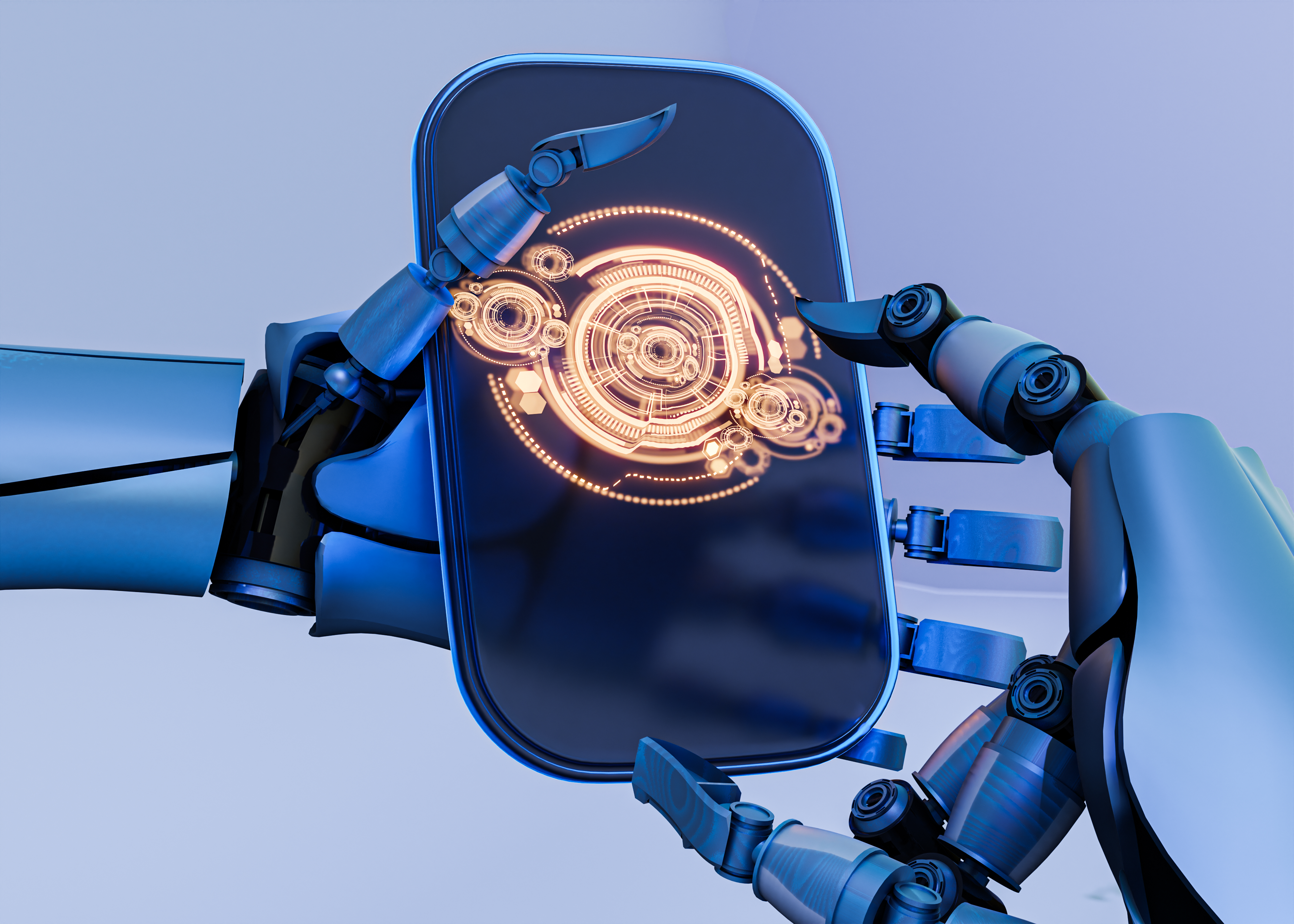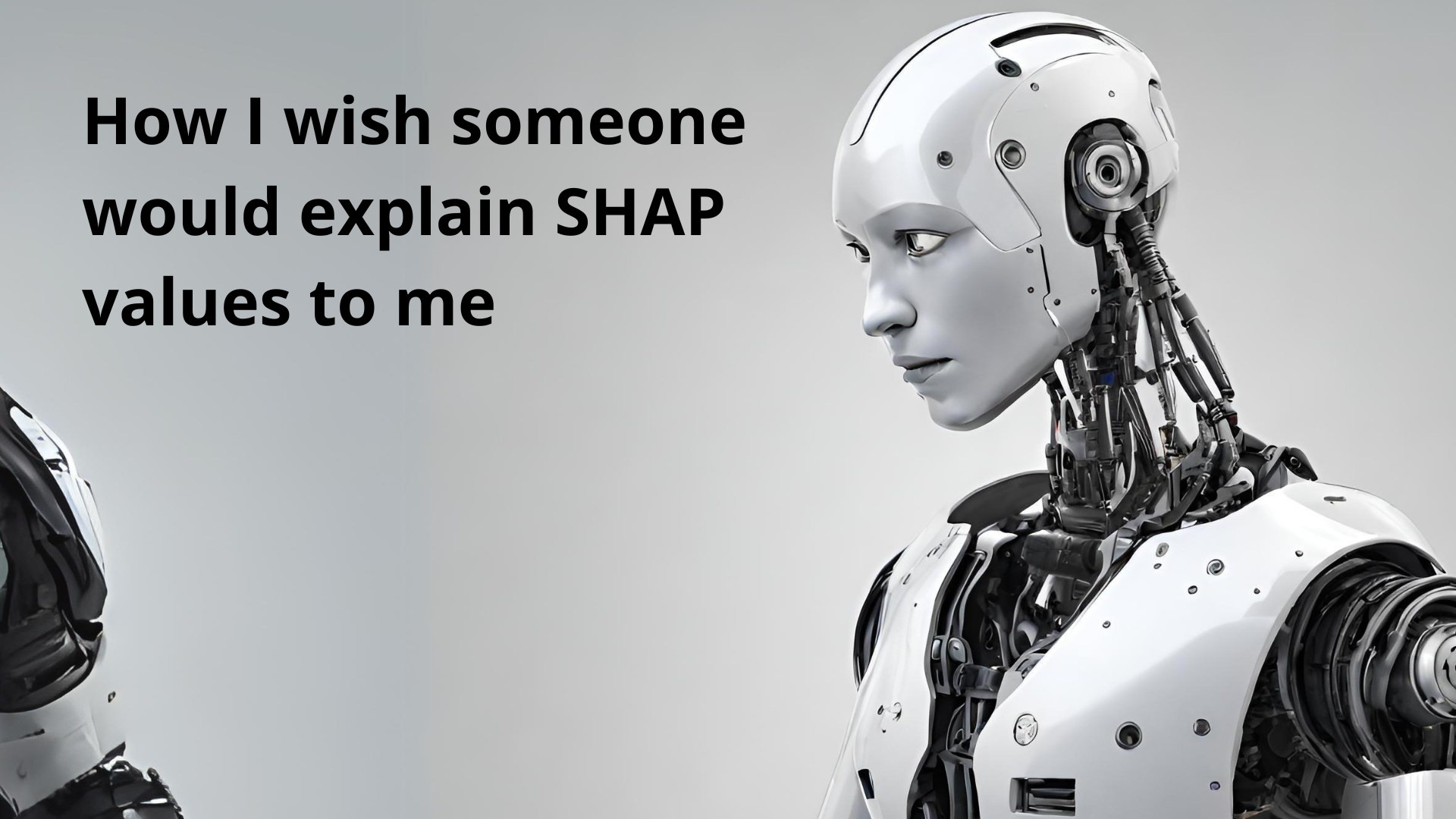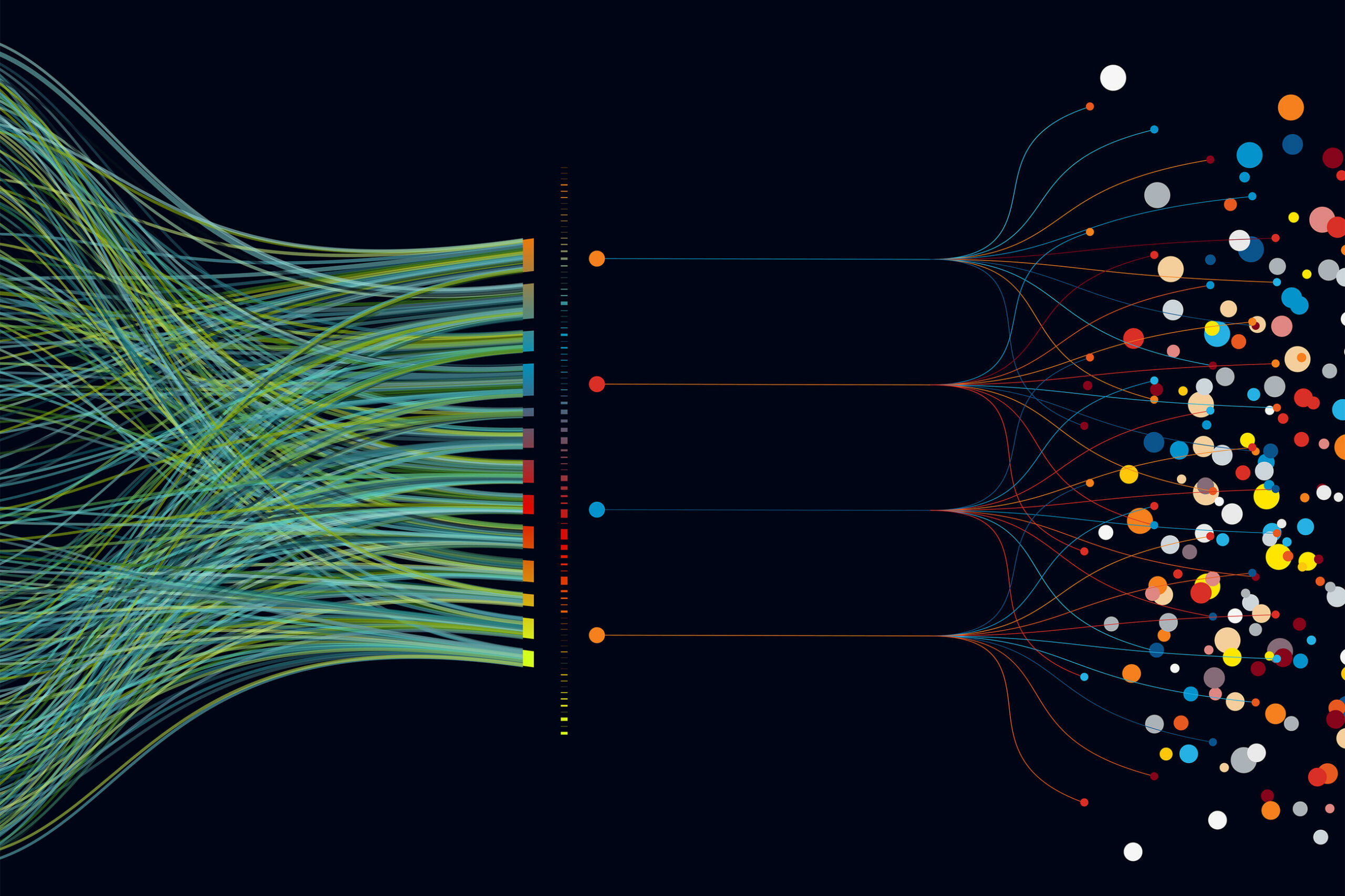
Machine Learning Applications and Cases
For a Data Science strategy to work and to be able to carry out really accurate and efficient advanced analysis, it is essential to employ Machine Learning algorithms in the process. After all, it is machine learning that makes artificial intelligence refine and improve. And this is just one application for this technology, after all, the cases have only grown and diversified in recent years.
Machine Learning, as the name suggests, is Artificial Intelligence machines that learn from data. The created algorithms can identify patterns and make predictions. Because of this, this technology is one of the most important and discussed when it comes to digital transformation.
Machine Learning Case: the future of Artificial Intelligence
In the world of Artificial Intelligence and Machine Learning, the application that has generated several cases and moved the market internationally is GPT-3, a program developed by the American startup OpenAI. In a simple explanation, it is an auto-complete text tool – similar to the search bar. Based on the first words typed, it predicts what will be next, that is, what you are looking for.
At first, it seems simple, a technology that already exists, but to make this prediction, GPT-3 takes into account 175 billion parameters. The data used to train the algorithm takes into account virtually any type of text that has ever been on the Internet: news, scientific articles, poems, recipes, manuals, fanfics, conspiracy theories (…). All of this is being absorbed by Artificial Intelligence.
Based on these texts, using deep learning – an advanced type of machine learning that generates knowledge based on neural networks – and without the need for human input, GPT-3 can identify patterns and regularities that are unknown to humans and that have already been used in very diverse and complex applications. Between them:
- Puzzle-solving;
- Creating codes based on element description and design only;
- Answer to medical questions;
- Transfer style to text;
- Chatbot that lets you talk to historical or fictional figures;
As if it were not already significant just for the challenges it is capable of solving, it is important to emphasize that this is a program that solves challenges that it was not specifically programmed to solve. It is the most concrete step we are taking toward an AGI (Artificial General Intelligence), which is an artificial intelligence with all the capabilities of the human mind.
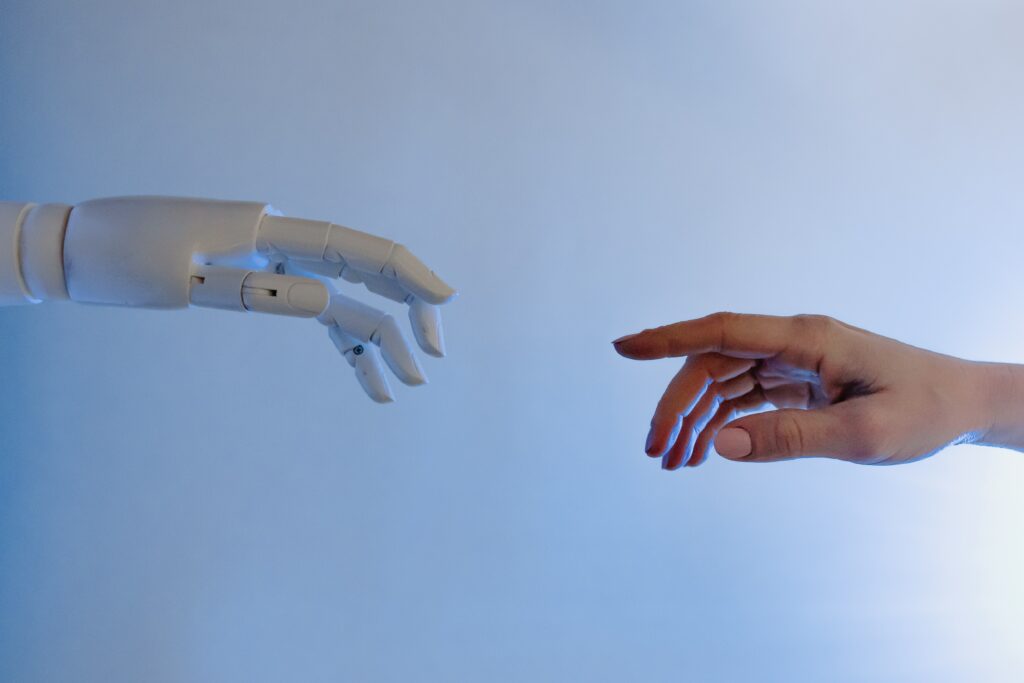
Photo by Tara Winstead.
More applications and cases for Machine Learning
As surprising as the applications of GPT-3 are and the fact that the previously distant AGI is approaching, we have other applications that use Machine Learning algorithms and are more concrete and known by technology professionals. Among these cases are:
- Developed by Samsung’s Artificial Intelligence center, machine learning software can bring paintings to life;
- The best spice is Machine Learning: MIT researchers used Artificial Intelligence to improve the taste of basil;
Creating a digital news platform that uses machine learning to recommend content to the user is what led CNN to buy the startup Canopy;
Machine Learning Trends
There is still a lot of room to talk and study Machine Learning, even with all these applications. It is a technology that transforms with discoveries routinely. For example, research from Carnegie Mellon University has found that teaching machines in a similar way to how we educate children can be more efficient than the more frequently used approach.
In practice, it means that, instead of presenting all the data and details at once to Artificial Intelligence, it would be the case to present the most general information first and then go into specifics. In an image recognition device, any photo of a dog would be classified only as a dog, without specifying the breed.
After that, of course, more specific information would be passed on to the AI, which would learn based on neural networks (deep learning). This would result in a much more efficient, fast, and accurate machine learning model. Consequently, making artificial intelligence learn in a way closer to humans can be a revolution in the market.
Regardless of the approach or way of training the algorithm, Machine Learning is an essential technology for digital transformation and these cases are just a few examples of the possible ones. Different sectors of technology can benefit from this.
Companies that aim to use modern technology techniques and trends to achieve results need to have machine learning on their side. For example, to carry out predictive and prescriptive analyzes – as in the projects, BIX Tech develops for clients.
Predictive Analytics uses statistics to predict future scenarios. In other words, understand what will happen to your company or institution. It is important to confirm hypotheses or answer complex questions that depend on several variables.
Prescriptive Analytics also provides suggestions for actions to take and gives advice based on future scenarios. It helps to understand what your company should do. It is possible to simulate different scenarios to obtain the best results in campaigns, processes, or products.
Want to know how Machine Learning can be used in your business to refine processes and achieve results? Get in touch with us and let’s set up a chat!
Don't miss any of our content
Sign up for our newsletter
Our Social Media
Most Popular

Didn’t find what you were looking for?
Get in touch with our team (786) 558-1665 or send an email to [email protected]. If you prefer, click here and schedule an appointment.



